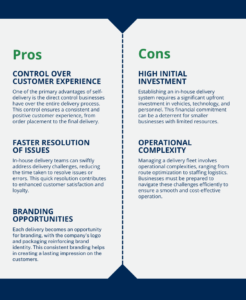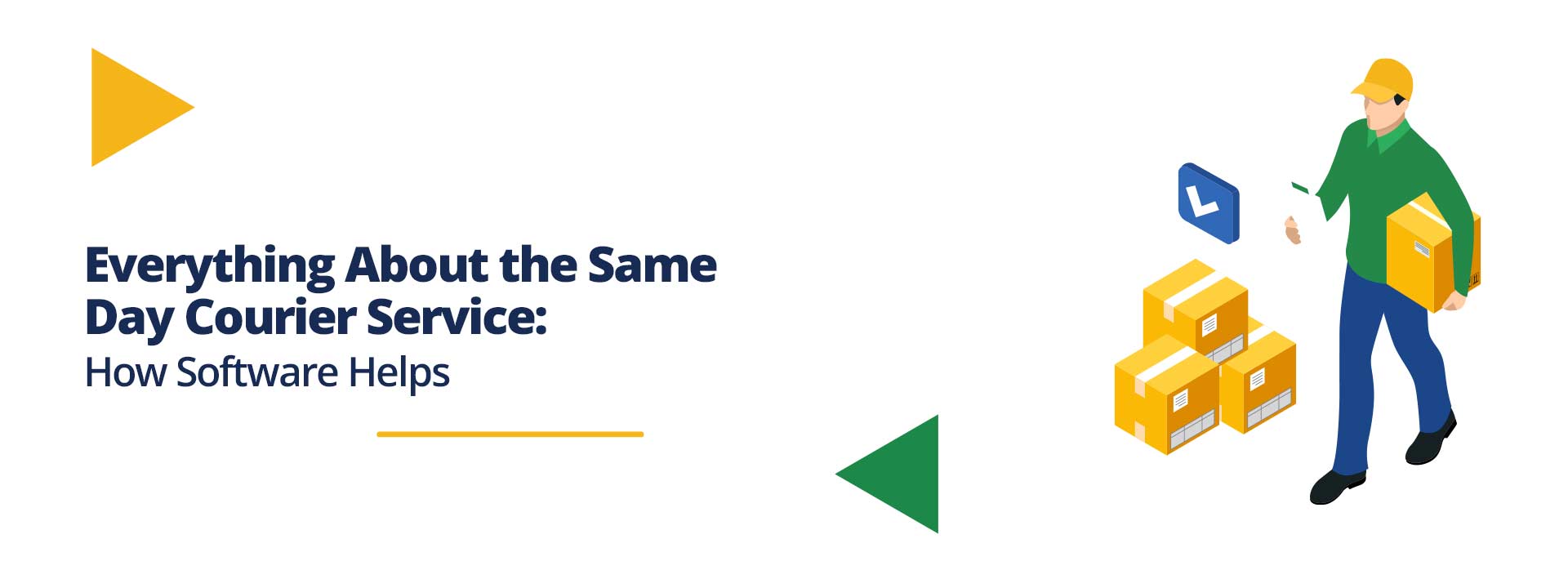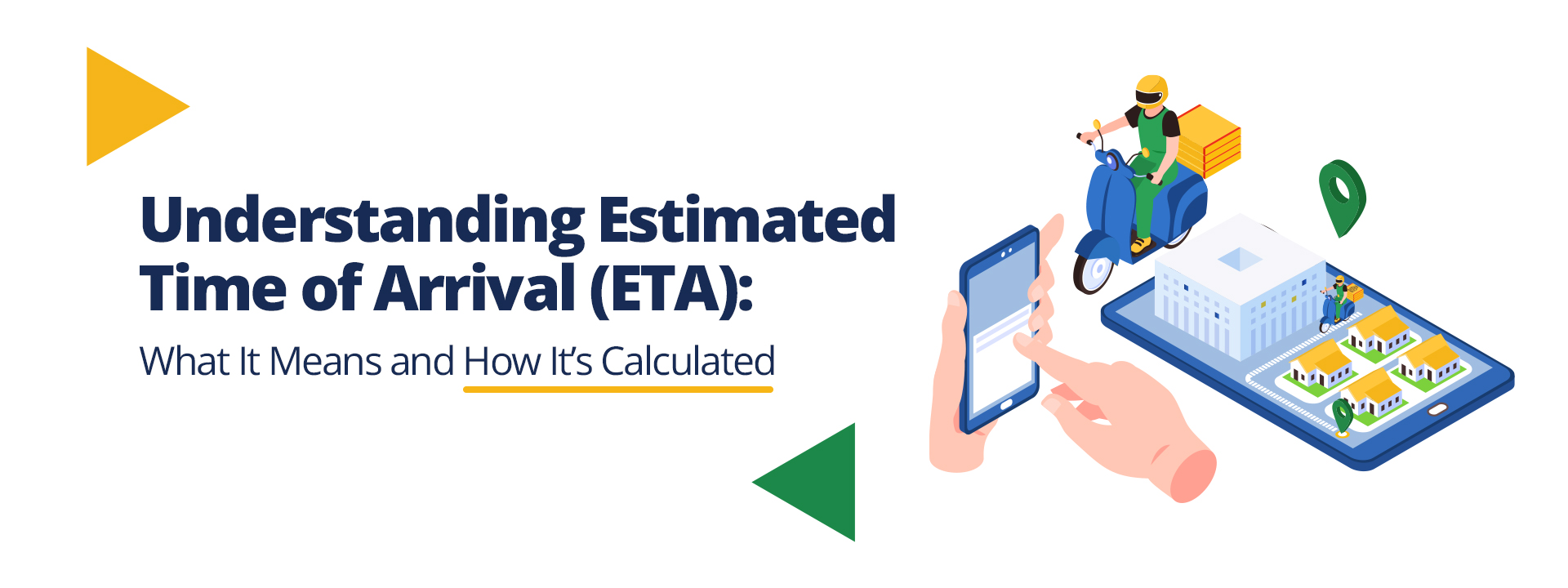Self-Delivery vs Third-Party Delivery: Navigating the Last Mile in E-commerce
In the ever-evolving realm of e-commerce, the last mile of delivery has emerged as a critical juncture for businesses, with the choice between self-delivery and third-party delivery services playing a pivotal role. This decision significantly impacts customer satisfaction, making it essential for businesses to carefully consider the pros and cons associated with each approach. In this article, we delve into the considerations between self-delivery and third-party options, with a focus on when investing in an in-house delivery system is a worthwhile endeavor.
The Landscape of Last Mile Delivery
In the realm of e-commerce, self-delivery refers to businesses managing their delivery operations internally. Leveraging e-commerce logistics software becomes crucial for seamless tracking and optimization

Shipox and last mile courier tracking in UAE provide businesses with third-party delivery services, offering an outsourced solution for their delivery needs.
Exploring E-commerce Logistics Software
For businesses opting for self-delivery, investing in e-commerce logistics software becomes a strategic move. This software streamlines the entire delivery process, offering features like real-time tracking, route optimization, and automated communication with customers. These technological enhancements contribute to the efficiency and reliability of in-house delivery operations.
FAQs: Addressing Common Queries
1. How to do online business in Dubai?
To establish an online business in Dubai, businesses need to register with the Department of Economic Development (DED), obtain the necessary licenses, and adhere to local regulations. Developing a user-friendly website and implementing secure online payment options are also key steps.
2. What’s the biggest challenge for most businesses when going online?
The most significant challenge for businesses transitioning online is establishing a robust online presence and effectively reaching their target audience. This involves navigating the complexities of digital marketing, ensuring website visibility, and building a trustworthy online brand.
3. What is 3PL?
3PL stands for Third-Party Logistics. It refers to outsourcing various logistics and supply chain management functions to a third-party provider. This can include services like transportation, warehousing, and distribution.
Conclusion: Making the Right Choice
In the dynamic world of e-commerce, the choice between self-delivery and third-party services requires a thoughtful analysis of the unique needs and goals of each business. While self-delivery offers control and branding opportunities, third-party services provide cost savings and scalability. Incorporating reliable e-commerce logistics software further enhances the efficiency of self-delivery operations.
By weighing the pros and cons, leveraging advanced technology, and understanding the nuances of online business in specific regions like Dubai, businesses can make informed decisions that drive success in the competitive e-commerce landscape. Ultimately, the choice between self-delivery and third-party services depends on finding the right balance between control, cost-effectiveness, and customer satisfaction. Shipox and last mile courier tracking in UAE exemplify third-party solutions that businesses can explore to optimize their last-mile delivery strategies.




